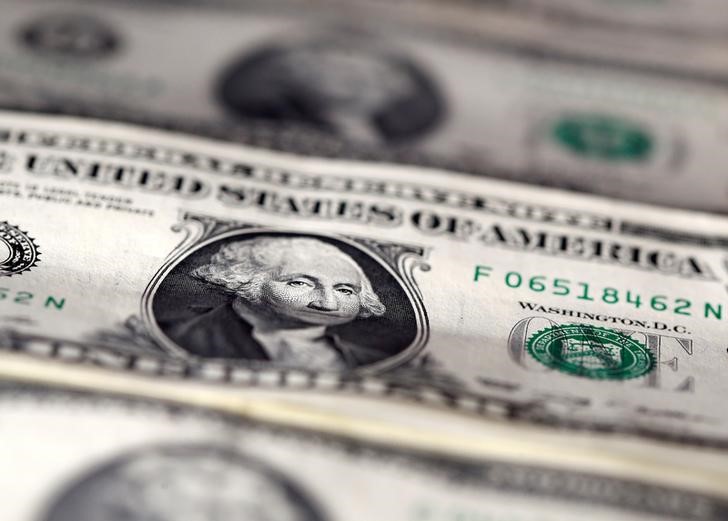By Patrick Graham
LONDON (Reuters) - All eyes in financial markets were fixed on stuttering Republican efforts to pass a replacement for Obamacare on Friday, the result of the vote and Donald Trump's response seen as crucial to his promise to deliver a "phenomenal" tax reform.
Tuesday's first 1 percent daily fall on Wall Street since October has put world stocks on course for their worst week since before Trump's election in November, although many analysts continue to cast the decline as simply a consolidation after months of gains.
The White House's ability to get legislation through Congress is crucial to "Trumpflation" bets on fiscal stimulus, tax cuts and capital repatriation that markets late last year assumed would drive inflation and growth higher.
But a number of analysts were also arguing on Friday that Trump's threat to walk away from the reform if it is not passed meant its failure might have the net effect of speeding his efforts to cut U.S. corporate tax rates.
Europe's major stock markets were all lower in midday trade (FTEU3) and the dollar dropped back into negative territory against the euro, but the gains were minimal and Wall Street was set to open higher. (N) (1YMc1)
"Markets are in wait-and-see mode," said Craig Erlam, a market analyst with retail broker Oanda in London.
"(But) there is an underlying sense of optimism after Donald Trump...declared Congress should accept the changes or live with Obamacare, paving the way for government to refocus its attention on tax reform."
Stocks and the euro also took some heart from purchasing manager surveys in France and Germany, both far stronger than forecast and again pointing to a European economy finally emerging from years of crisis and stagnation.
By 1230 GMT, the euro was up 0.2 percent at $1.0820
The MSCI world equity index (MIWD00000PUS), which tracks shares in 46 countries, was flat at 447.61.
"There is still a risk that the vote fails today, (and) there are numerous other uncertainties that suggest anything but a smooth course ahead for implementing the much anticipated tax reform reflation program," said Derek Halpenny, head of European global market research with Japanese group MUFG in London.
"We still expect a much smaller tax cutting program simply due to the inability to agree on how a large program could be financed. The Trump reflation trade could still reverse course in a more meaningful way, resulting in dollar weakness."
The dollar did recover some ground against the yen after U.S. Treasury yields inched higher in Asian time, halting an eight-day losing streak that is the currency's worst since the end of 2010.
Bank of Japan Governor Haruhiko Kuroda told a Reuters event on Friday that there was "no reason" to raise the bank's bond yield targets now with inflation so far from its 2 percent target.
A sell-off in a number of commodities markets has also been a factor in the weakness of stock markets this week. Iron ore prices fell for a fourth day on Friday and are on course for their worst week since December.
Oil prices also inched higher, supported by a fall in Saudi exports to the United States, but remained under pressure from a glut of supply that OPEC curbs has broadly failed to stem.
Thomson Reuters data shows OPEC shipments to Asia, the world's biggest and fastest-growing oil-consuming region, are up more than 5 percent since January, suggesting the group of producers is shielding its main customers from the reductions.
Unless OPEC extends the curbs beyond June or makes bigger cuts, traders say oil prices are at risk of falling further.
"OPEC's goal of drawing down inventories to normal levels is not going to be reached before their agreement expires on June 30," said U.S. investment bank Jefferies in a note to clients.

For Reuters Live Markets blog on European and UK stock markets see reuters://realtime/verb=Open/url=http://emea1.apps.cp.extranet.thomsonreuters.biz/cms/?pageId=livemarkets